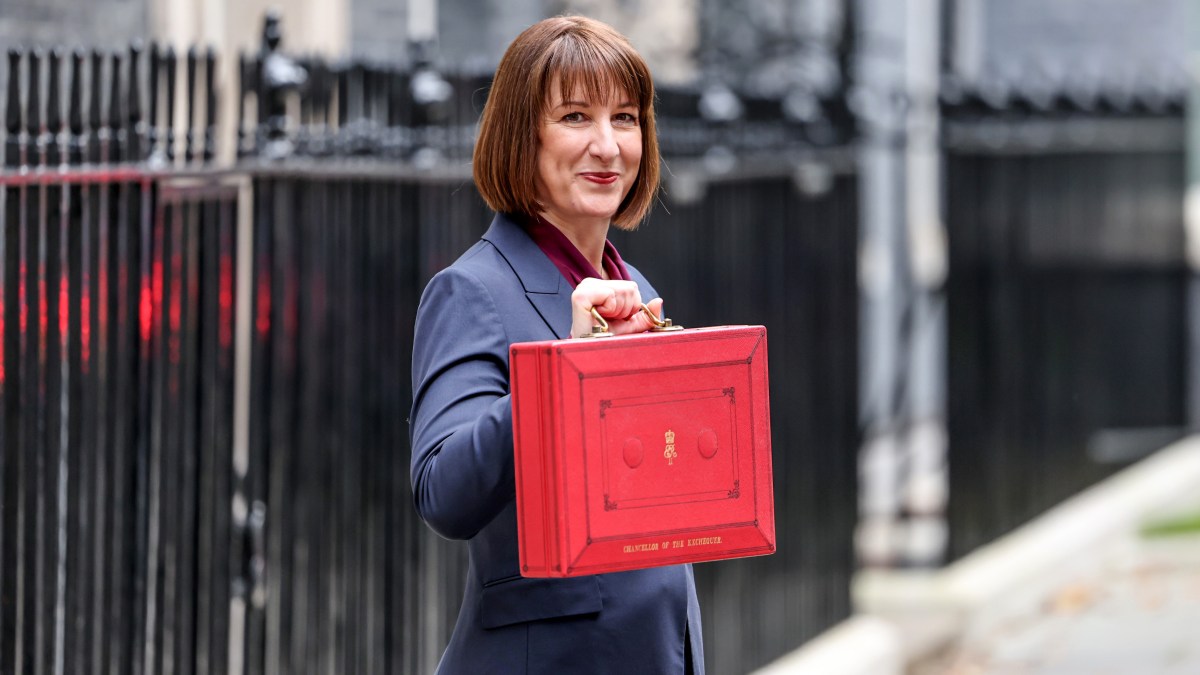UK Borrowing Costs Whipsaw After OBR Accidentally Publishes Fiscal Outlook Early
UK Borrowing Costs Whipsaw After OBR Accidentally Publishes Fiscal Outlook Early
By
Calder Monroe
Last updated:
November 27, 2025
First Published:
November 30, 2025

Photo: The Times
Market Turbulence After Sudden Forecast Leak
UK government borrowing costs swung sharply on Wednesday after the Office for Budget Responsibility mistakenly published its economic and fiscal outlook hours before the Autumn Budget. The early publication immediately rippled through gilt markets. Ten year gilt yields initially dropped around four basis points before reversing and climbing by a similar margin. By midday yields settled roughly six basis points lower while five year gilt yields fell more than five basis points.
The OBR had been scheduled to release its projections only after Finance Minister Rachel Reeves delivered her Budget to Parliament. Reeves opened her remarks by calling the premature release “deeply disappointing and a serious error.” The fiscal watchdog later confirmed the link had gone live “too early this morning” attributing the mishap to a technical oversight now under investigation.
Details Inside the Fiscal Outlook
The mistakenly published document outlined a series of significant tax raising measures expected to form the core of the Budget. These include freezes on income tax thresholds new taxes on private pension contributions exceeding two thousand pounds per year mileage based levies on electric vehicles and an annual property tax on homes valued above two million pounds.
Dividend property and savings income taxes will rise by two percentage points a move projected to raise approximately two point one billion pounds in revenue. At the same time new spending commitments notably the planned removal of the two child welfare limit are expected to lift public borrowing by seven billion pounds next year and by eleven billion pounds by the end of the decade.
The OBR also downgraded its growth outlook cutting its forecast by zero point three percentage points. The UK economy is now expected to expand by an average of one point five percent annually over the next five years reflecting weaker productivity trends.
Currency Reaction and Broader Economic Implications
As Reeves unveiled the Budget the British pound strengthened rising zero point two percent against both the US dollar and the euro before climbing to a half percent gain against the dollar at one dollar and thirty two cents. Traders viewed the package as broadly aligned with expectations of higher taxes and tighter fiscal management.
The volatility in bond markets underscores why gilt yields matter. When investors grow cautious about lending to the government bond prices fall and yields rise increasing the cost of servicing national debt. The UK already faces the highest long term borrowing costs in the G7 with thirty year gilt yields sitting above the five percent mark for much of the year.
Elevated yields do not affect only the government. They can drive up mortgage rates curb investment reduce household borrowing capacity and ultimately slow economic growth. The echoes of the 2022 gilt crisis triggered by former Prime Minister Liz Truss’s unfunded tax cut plan still loom large. That episode caused a severe bond market sell off inflicted lasting economic damage and ended her premiership in just forty four days.
A Delicate Balancing Act for Fiscal Policy
Investors have been clear they expect Reeves to balance the books through a mix of tax hikes and controlled public spending even if these choices prove politically difficult. The inadvertent release of the OBR report offered markets an early glimpse of those decisions accelerating reactions that typically unfold only after the Budget is formally delivered.
With borrowing costs elevated and productivity growth under pressure the UK faces a complex environment that will test both fiscal discipline and political resolve in the months ahead.
Popular articles
Subscribe to unlock premium content
London’s Gourmet Playgrounds

From Bean to Buzz in Thailand

The Secret Life of Pop-Up Luxury Restaurants in Paris

London’s Gourmet Playgrounds

From Bean to Buzz in Thailand

London’s Gourmet Playgrounds









